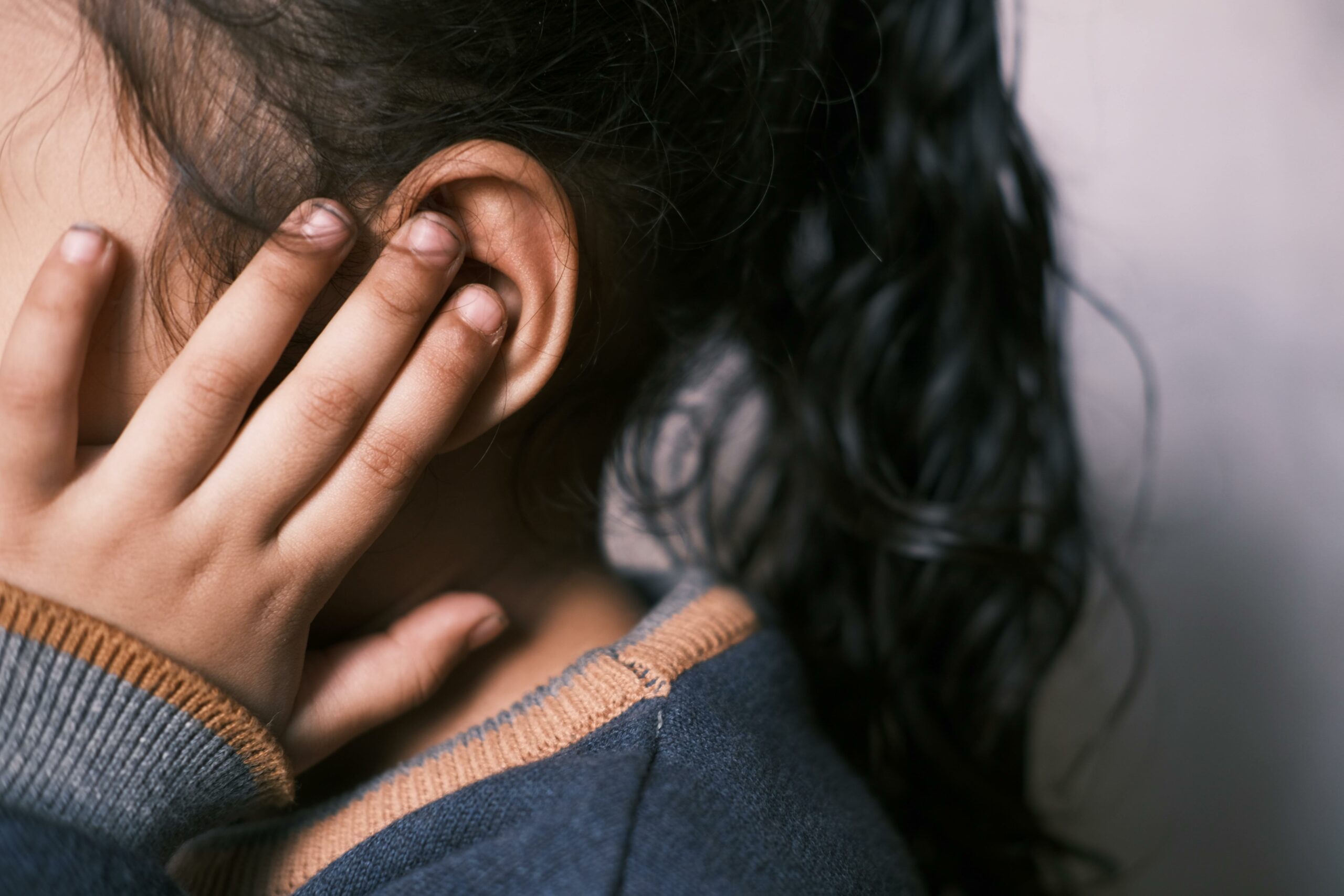Understanding Sensory Difficulties


Understanding Sensory Difficulties
There are so many factors that come into play when analysing the different sensory challenges that an autistic child might have to cope with.
Understanding when there is no control over these difficulties, it is our job as adults, educators, or parents to TEACH children how to cope with these difficulties. However, teaching them how to cope can ONLY occur once WE have recognised and understood their challenges.
As we delve into understanding the sensory difficulties a child could endure, you will notice that each point is linked to a sensory aspect.

Let's look at the following:
1. Difficulties with focus and academic progress:
Concentration is a major challenge for children with autism spectrum disorder.
- They often feel the need to constantly remain mobile and moving.
- Movement is a reaction when sensory overloaded.
- It is impossible to stop this response once it has occurred, making it difficult to understand what is being communicated to the child, i.e. by the teacher or educator.
2. How is sensory perception affected?
- Sensory perception gives us the ability to utilise our senses to improve our comprehension of our surroundings.
- i.e. the information we take it from our environment (e.g. it’s hot so I drink cold water; the sun is bright so I move into shade; it’s too loud so I cover my ears).
- For those with autism, processing this type of common sensory input can be quite challenging.
3. Understanding sensory reactivity: Sensory reactivity would be responsible for how the child reacts to the environment.
- Is the child over- or under-reactive?
- Direct response to sensitivity and functioning in the environment.
- This is the way in which we react to sensory perception/the environment.
- Over-reactivity = an intense and unpleasant response to sensory input (e.g. covering ears due to loud noise).
- Under-reactivity = the lack of response to sensory input (e.g. no response to noise).
4. Sensory processing disorder:
- After analysing the above information…you can now assess if the child has the ability to process sensory information.
- Sensory processing disorder = a neurological disorder that can impact a child's brain's ability to receive sensory information.
- This is mostly common in under-reactive individuals.
- How long does it take the child to process information?
- Do they see their favourite animal and only react to it a few seconds later?
5. Reactions that are closely related to sensory perception:
- Is the child engaging in emotional and behavioural tendencies?
- Do they show signs of a meltdown?
- Are they engaging in aggressive behaviour?
- Are there indicators of retreat or avoidance?
6. Poor self-regulation:
- Is the child giving themselves less or more input to cope with the sensory information received from their environment? (Are they able to self-regulate?).
- Or are there little to no signs of self-regulation?
- People with autism rely on unique calming techniques to manage severe dysregulation.
- These techniques may include: avoiding the stimuli, seeking the stimuli, requiring co-regulation from someone they trust, and fidgeting or mouthing.
Every autistic individual struggles with sensory difficulties in one way or another. The discussion above will hopefully provide you with the necessary information for you to understand why your autistic child may be facing challenges related to their sensory profiles.
These challenges may inhibit their ability to go to the mall, concentrate in the classroom, take the dog for a walk, and many more. Always analyse the environment that you put your child into and never push it passed what they can handle.
It is always VERY healthy to expose your autistic child to environments that make them uncomfortable but, EASY DOES IT. It’s a great idea to understand/know your child’s regulation strategies to ensure that you are prepared for a meltdown or other behaviour. Monitor what they do to regulate themselves at home, and apply those self-regulation strategies in unfamiliar environments as they are likely unable to generalise and know to use those same calming strategies in other places.
All our love,
Sensing Autism
x

